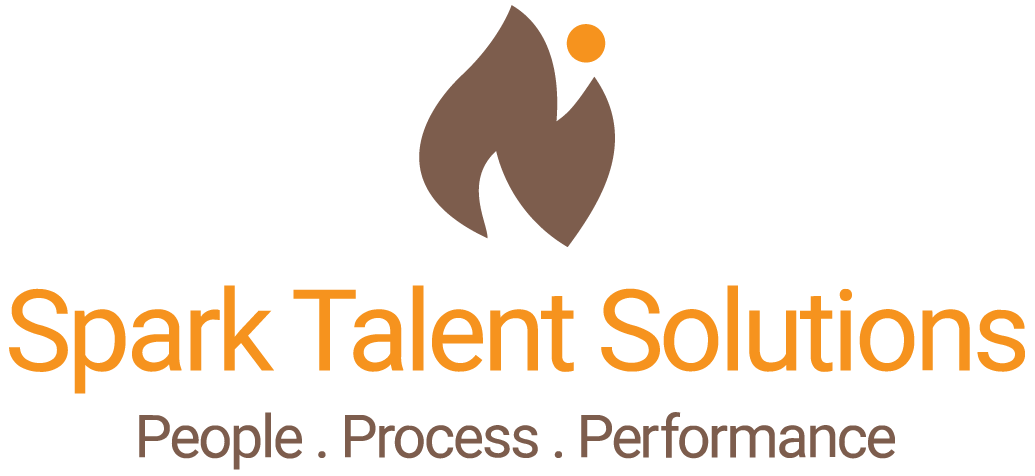INTERVIEW SKILLS
As the employment market grows, job seekers tend to have more options and are more informed about the different players in the market and how the recruitment processes run. There are more companies competing for the little top talent available and yet the pipelines continue as well to get depleted. As a recruiter, your job is to assess the candidates looking for the best but also convincing the best ones to stay.
Prepare yourself;
It does not matter if you have done a thousand interviews, always prepare. Every candidate and position is different. As a recruiter, it’s always great to find out what exactly you need from the new hire such that you come up with the right questions during the interview. You may consider looking at your top performers i.e. what do they have in common and how they are resourceful then come up with the key “wants” from the candidates. Having a list of questions will help you track answers during the interview. Make sure you tailor the questions to the specific position, industry and the candidate’s background. Make adjustments based on where you need clarity regardless of the questions being the same.
Assess potential;
Always consider evaluating a candidate’s potential and competence. Many times as recruiters, we may need to look at a candidates “Curiosity, engagement, and determination”. Avoid the “now factor” and instead consider the “future”. This is why it’s great to always ask candidates about the future of the industry they are choosing to develop their career. As a recruiter, also look out for the “Red flags” because it will help you determine the levels of consistency of a particular candidate.
Cultural Fit;
This is a key factor in successful hiring. Before inviting candidates for interviews, you need to understand the client’s company culture. Find out what the work environment is like in order to have a clear picture of what kind of employee they need. You may ask about things like personality and habits. Signs of comfort should be looked out for from the potential candidates. The nature of the environment should be compared to the candidate’s ideal workplace and in case they do not match, then this may not be the ideal person. From the interview, the employer should be able to determine if the candidate is a long term or short term player. BUT always have it in mind that “People Adapt”.
Involvement;
As a recruiter, it’s good to always have other parties participate in the interview process such that decision making is made easy and it also brings out a teamwork factor to the candidate. Also employees if involved in decision making, they will always be willing and will know how to help the new hire for the entire organizational success. Remember that some decisions are too big to be made single-handedly. Three people on the Panel could make a big difference.
Reduce Stress;
Break the tension by talking a little bit off-topic. This is meant to create rapport and comfort for both you and the candidate. Stressed people do not perform and candidates tend to have so many questions to themselves because of the unknowns. As recruiters, flexibility is as much to us as it is to the candidates. Be flexible enough to meet the candidates during a convenient time. During communication, inform them prior to issues like dress code. It would be so great if they are informed about the discussion topics.
With all the above, employers/ recruiters play almost a half in the outcome and success of the interviews


